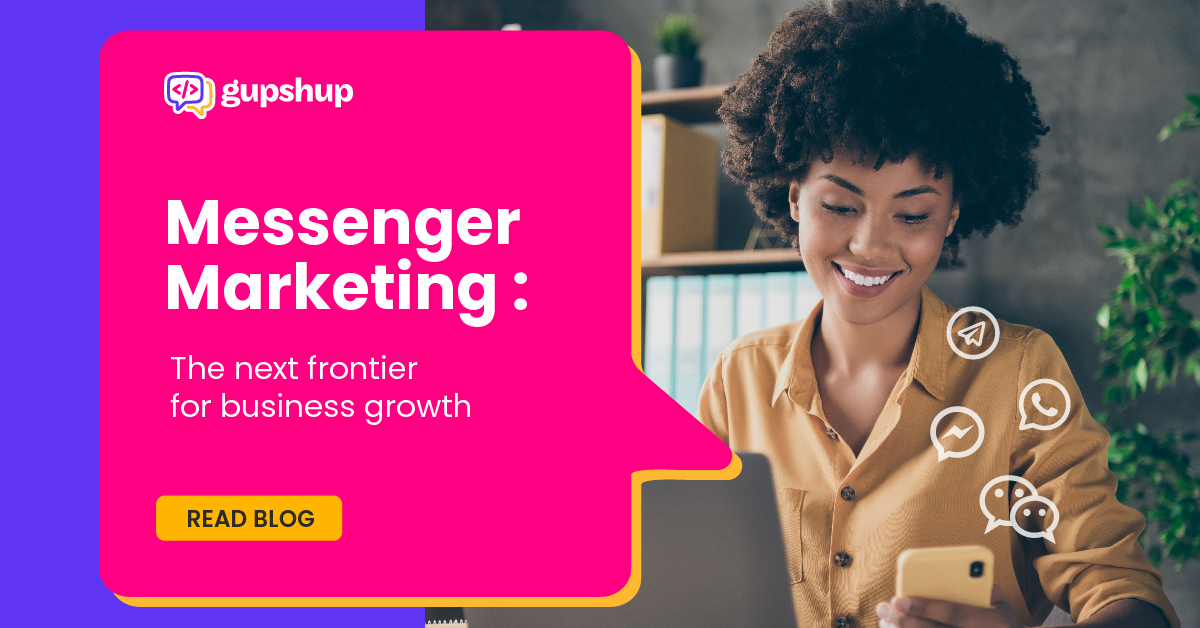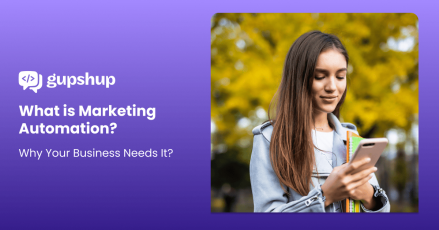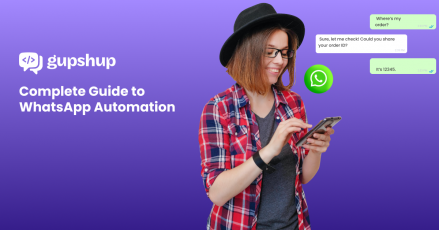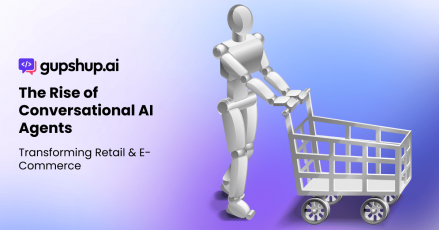Messenger Marketing : The next frontier for business growth

A perfect storm of market forces is leading to the emergence of messenger marketing as the next big frontier for business growth. The growth of mobile messaging combined with the saturation of other media is leading to the migration of both consumers and marketers to messaging apps.

Traditional channels such as emails and SMS are vulnerable to spam. Users have limited ability to control over who can send them messages, leading to excessive emails, overloaded inboxes and user anxiety. In a way, email and SMS have become victims of their own success. In marketing terms, this translates into a lower open- and read-rates and even lower click-through rates. Messaging apps, on the other hand, give users substantial control over who can send messages to them. Businesses need user permission before communicating with them; users can opt-in or out at any time. While this may initially appear as a barrier to marketers, it actually works out well for most businesses. The spammers are locked out of the ecosystem, leading to fewer messages and manageable inboxes. This translates to higher open-, read- and click-through-rates. Studies show that messaging apps have open-, ready and click-through rates as much as 10x that of email and SMS.
Messaging apps are immensely popular. With the rise of mobile devices, messaging apps usage has grown tremendously, even surpassing social media. Messaging apps represent the most popular use of mobile devices. If consumers can talk to their friends and family through messaging apps, they expect to be able to talk to businesses and Brands in the same way. Messaging apps enable marketers to meet consumers on their own turf, on their own terms. The specific messaging app may vary based on geography and context, but apps such as Facebook Messenger, WhatsApp, WeChat, Line, Slack, Skype, Telegram etc. are all viable channels for businesses to engage with their customers. In fact, they have all recently added features in their apps to enable business-to-consumer communication.
Messenger marketing is short and sweet. Instead of long-form email newsletters, users receive a short message, almost like a tweet. Consumers, in general, are getting used to shorter and on-point messages in their personal communication and expect the same in their business communication as well. Attention spans are getting shorter and messaging marketing leverages the same trend to enable more interesting marketing messages.

Messenger marketing is conversational. Instead of just sending a plain message or notification, the brand can actually engage in a conversation with the user. The user can ask a question about the offer and get specific, accurate and instant responses. Messenger marketing can leverage AI-enabled chatbots that can make the whole experience far more natural and interesting to the user. Conversational chatbots enable the marketer to deeply personalize the user experience – it’s like having a private, one-on-one conversation with every customer. It is important that the conversational tone is such that the marketer talks with the customer rather than to the customer.
Marketers that want to leverage messenger marketing need to focus on the 3 C’s: Communities, Campaigns and Conversations. The marketer first needs to get the user’s permission to send messages by building a community of subscribers. These opt-ins can be acquired by integrating links into existing marketing channels such as websites, digital ads, social media pages or even billboards and print ads. Then, the marketer can run campaigns to engage these customers. These campaigns may be specific promotions or ongoing engagement activities. Along the way, the marketer can also profile and tag specific users to further optimize their future campaigns. Lastly, each outbound message is not the end of the campaign, but in fact the start of a conversation. These messages can include clickable, interactive elements that enable the user to get more information. The user may have an unstructured query that may or may not be related to the last message. Either way, the marketer can set up AI-enabled chatbots to automate these conversations.
Messenger marketing is a new emerging frontier but is poised to be one of the most significant marketing channels going forward. It has the ability to scale gracefully without getting overloaded with spam, unlike email and SMS. Marketers should start focusing on messenger marketing now – the rewards are many for the early movers.




